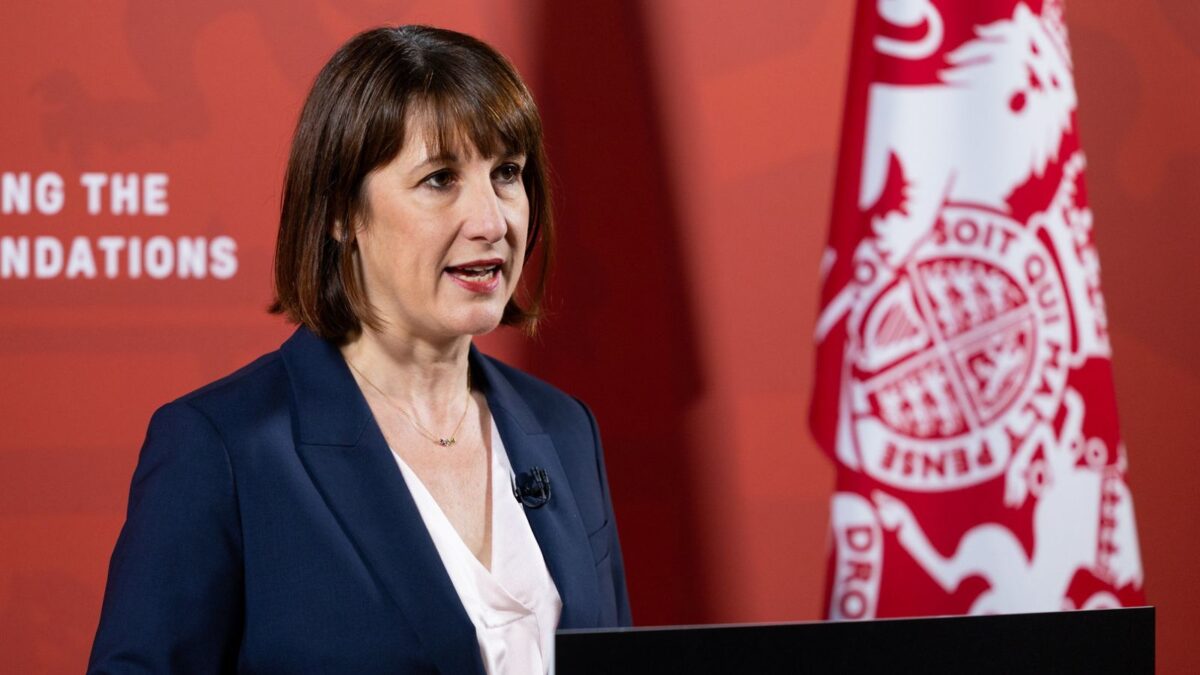UK to rate pension funds in echo of YFYS
Certain default defined contribution UK pension schemes will face scrutiny across a range of ‘value-for-money’ measures in the proposed regime with persistent underperformers forced to transfer members to other, better schemes.
“Schemes will be compared on public metrics that demonstrate value – not just costs and charges, but also investment performance and service quality. They would, once the final framework is decided, be publicly rated red, amber or green,” a Financial Conduct Authority (FCA) statement says. “Poorly performing schemes will be required to improve or ultimately protect savers by transferring them to better schemes.”
Australia introduced a similar system in 2021 under the Your Super, Your Future (YSYF) legislation to rank default superannuation funds and shutter those that fail performance tests: the regulations extended to the broader super market last year. The UK pension fund quality framework might eventually apply to other schemes, too, after the new government revealed plans to legislate such a move.
If so, the UK would mirror the Financial Markets Authority playbook in NZ where its 2021 KiwiSaver value-for-money proposals morphed into a program covering the entire licensed fund sector.
Sarah Pritchard, FCA executive director of markets and international, said in a release: “We want to see a focus on long-term value, not just costs and charges. Given the impact these changes could have we are consulting now to ensure that the pension system can be ready to go when the legislative changes that need to happen are ready.”
The new Labour government Chancellor of the Exchequer, Rachel Reeves, announced a broad review of the UK pension system last month including efforts to channel more capital to local infrastructure and ‘high-growth’ companies.
Reeves met with the so-called Maple Eight Canadian pension funds last week, urging UK counterparts to “learn lessons from the Canadian model and fire up the UK economy”. NZ Commerce Minister, Andrew Bayly has likewise flagged an intention to encourage KiwiSaver money into NZ growth companies.
And in another fast-track effort, Reeves has asked the UK Treasury “to respond quickly to an industry consultation on a new regulatory regime for ESG rating providers and bring forward legislation next year”, according to a government statement.
“The new approach will boost growth, help deliver a cleaner economy and ensure that companies in critical sectors like defence are not penalised by opaque ratings,” the release says.
Europe introduced new regulations for ESG-raters earlier this year while the UK industry currently adheres to a voluntary code. In February this year, the European Union issued a statement noting the new regulation “will ensure that investors and other stakeholders have access to reliable and comparable information about the ESG ratings objectives (what they assess) and methodologies (how they assess)”.
“Given the importance of ESG ratings in investment decisions, this in turn will contribute to enhancing the culture of transparency about the impact of companies on people and the environment. This will reduce greenwashing and promote sustainable investments.”
To date, the US has not established comparable regulations for ESG-raters. And while most ESG rating agencies are based offshore, the sector remains outside the regulatory ambit in NZ as well.











